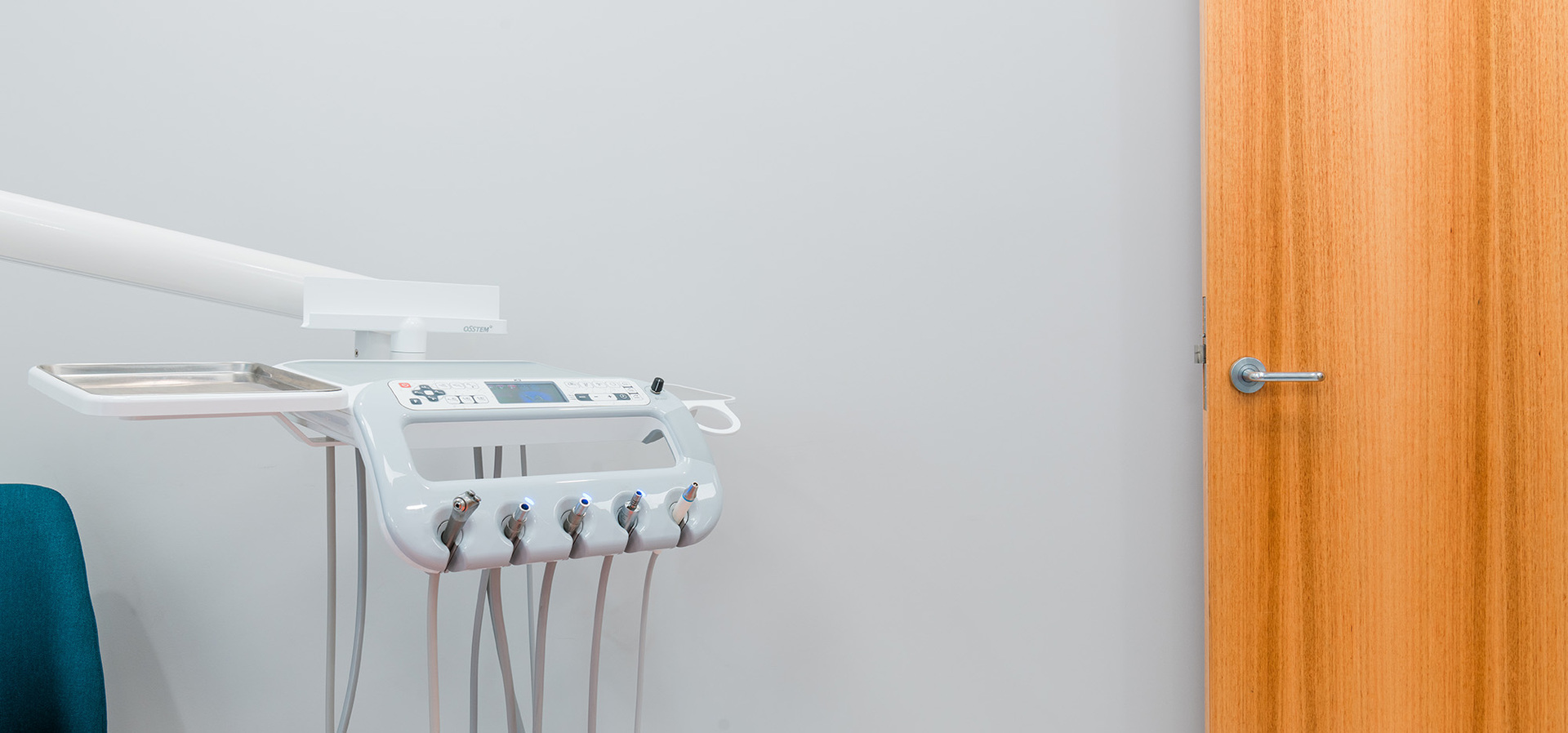The procedure is over! Well done! Now what?
The work isn’t quite done yet – the next 2 weeks are very important to your recuperation, and we are here to make sure that they go as smoothly as possible for you. Here’s how you can expect to feel after your procedure, and our recommendations for making sure there are no bumps on your road to recovery.
What to expect after surgery
NUMBNESS
You will be numb for 2-3 hours after surgery. This is normal and it is a good time to start your pain medications.
Please be careful not to bite your tongue or lip during this time.
PAIN
Unfortunately, pain is to be expected after oral surgery. Everyone experiences pain differently and every surgery is different.
It is important to take the pain relief medication regularly and on schedule to best manage your discomfort. Everyone perceives pain differently so it is important to maintain your pain level during the healing period. Your medication is given to help with pain management, swelling and infection.
SWELLING
Swelling is your body’s reaction to surgery, it is expected and completely normal. You can try placing an ice pack on your face which can be effective at reducing the swelling.
BLEEDING
You will taste blood for the first 2-3 days. This is most likely the saliva in your mouth being in the area of surgery. I will always ensure that you have stopped bleeding at the conclusion of surgery. Quick dissolvable sutures are usually placed in the mouth and they often fall out on their own.
What you can do to aid recovery:
NUTRITION
Proper nutrition and water intake are two of the most important things during the healing period. Soft foods such as mashed potatoes (lots of gravy!), scrambled eggs, soft meats, boiled vegetables, and porridge are all good things.
- Take slow, small bites.
- Try and avoid an overly liquid diet such as soups.
- Avoid hard foods like raw carrots and chips as these can cause trauma to the surgical area.
- Avoid foods that have small pieces in it like rice, couscous, and biscuits.
- Avoid excessive hot (temperature) foods.
- Be sure to keep your fluid intake up. Water is your friend.
ICE PACKS
Ice packs on the face can help limit swelling and discomfort. They are most helpful for the first 3 days when used 20 minutes on and 20 minutes off.
MOUTH RINSING
DO NOT RINSE OR BRUSH FOR THE FIRST 24 HOURS.
We cannot stress how important this is to your recovery. Rinsing or brushing too early can disrupt the blood clot that is aiding the healing of the wound and it may cause the wound to bleed again.
GENERAL CARE
- Do not spit, or suck through straws. This can cause the surgical area to bleed again.
- Take it easy during the healing period but try and get back to your normal daily activities if you can.
- You can continue to brush your teeth if you want (after the first 24 hours). Just be very careful, or avoid the areas where you had the surgery, particularly in the first few days.
- Resist the temptation to have a look at how the wound is healing. This often interferes with healing and causes more problems.
- Try to refrain from smoking, as this will increase your risk of infection and complications. Vaping is also not recommended.
- Add an extra pillow to your bed so you are slightly elevated when lying down.

